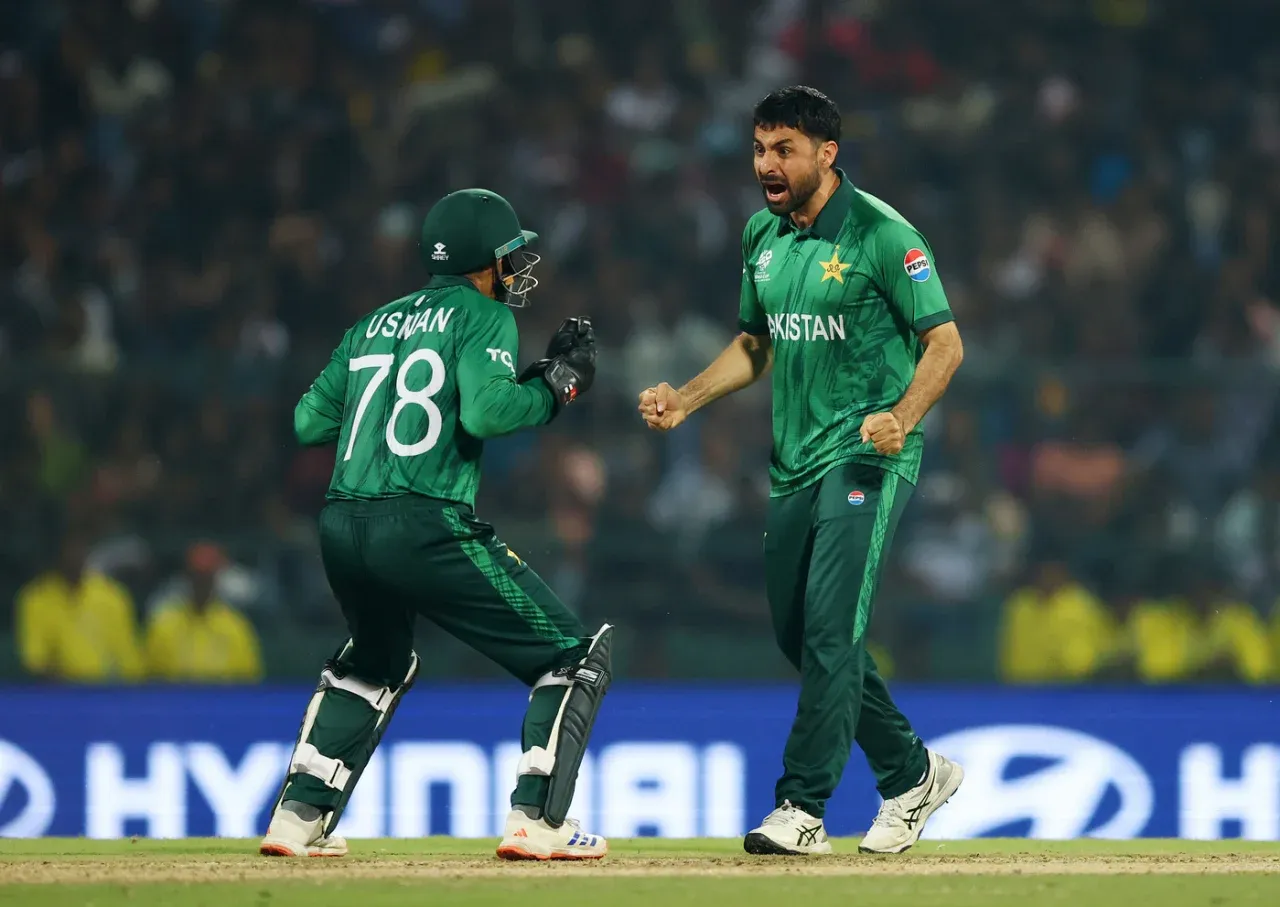

Opening the innings after being asked to bat first, Pakistan set a monumental target thanks to an explosive top-order partnership. Sahibzada Farhan smashed a breathtaking 100 off only 60 balls, dominating the Sri Lanka cricket team bowlers right from the mandatory powerplay. Fakhar Zaman provided massive support at the other end, blasting 84 runs from just 42 deliveries.
Together, they forged a massive 176-run opening stand, propelling their side toward a huge total. Following this dominant display, the host nation's pacers fought back slightly during the death overs. Dilshan Madushanka claimed three crucial wickets to restrict the final score to 212 for 8 in 20 overs.
Chasing a daunting 213 to win, the home side faced immediate pressure when opener Pathum Nissanka departed early in the second over. Abrar Ahmed bowled a brilliant, tight spell for the Pakistan cricket team, picking up three vital wickets for just 23 runs and effectively crippling the middle order.
Despite losing regular wickets, Pavan Rathnayake kept his team's hopes alive with a solid, aggressive 58 off 37 balls. Soon after, Dasun Shanaka truly turned the game into a nail-biter. Smashing eight massive sixes, the captain raced to an unbeaten 76 from 31 deliveries. His heroic knock brought the batting side dangerously close to crossing the finish line. Ultimately, Pakistan held their nerve in the final moments, restricting their opponents to 207 for 6 to secure a dramatic victory in this epic T20 World Cup clash.
Image Source: ESPN / ICC